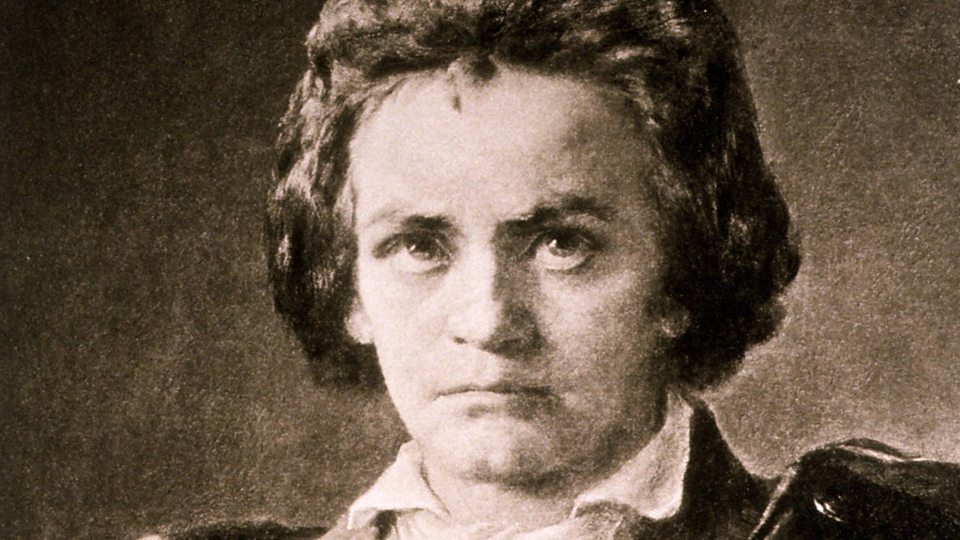Auguste Comte | On Altruism & the Religion of Humanity | Philosophers, Explained by Professor Stephen Hicks
Auguste Comte coined the term “altruism” and is a founder of sociology. What is altruism, and why does Comte argue for a “Sociocracy”—i.e., the rule of priestly sociologist-kings? Who are the great philosophers and what are their key ideas? From the beginning of philosophy in Greek myths to the influential thinkers of our own time, […]
